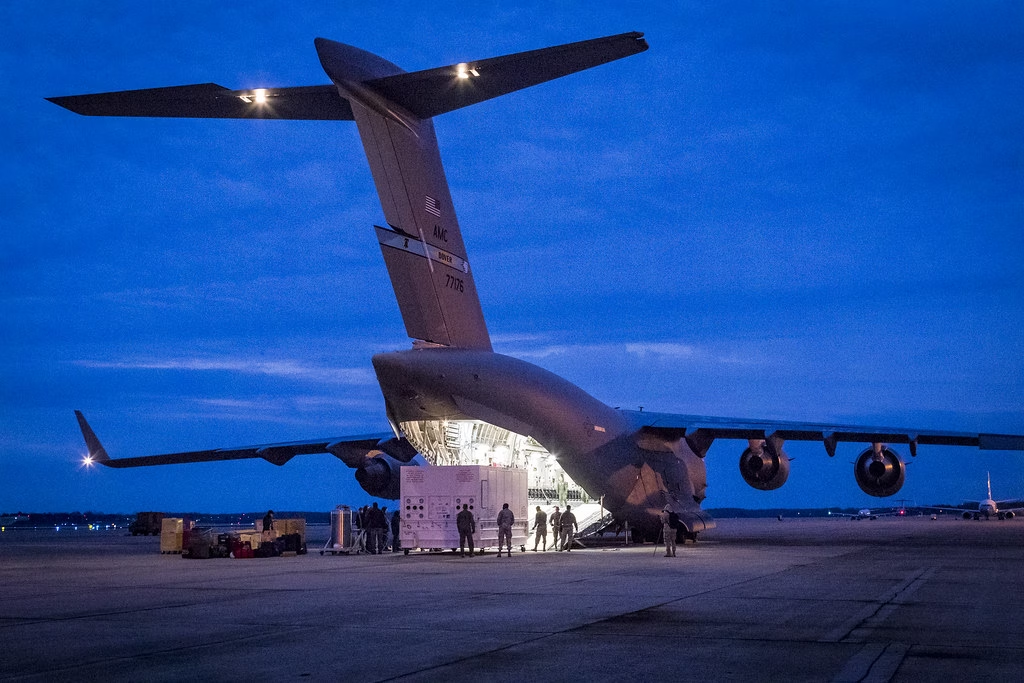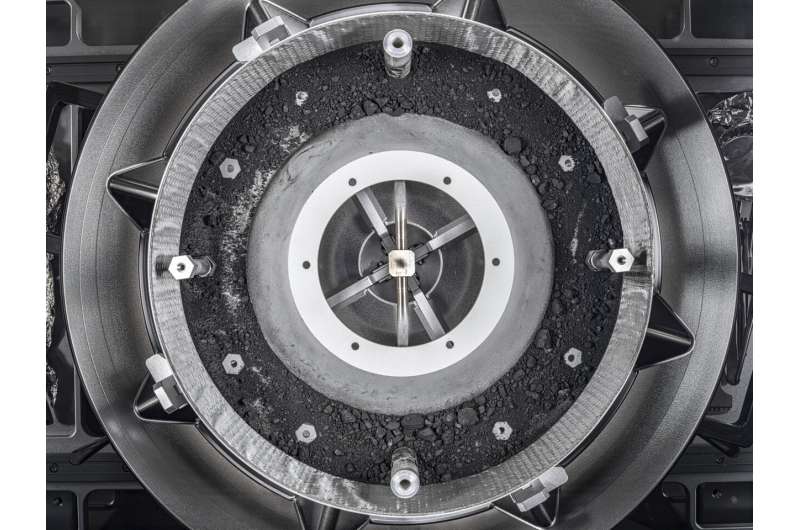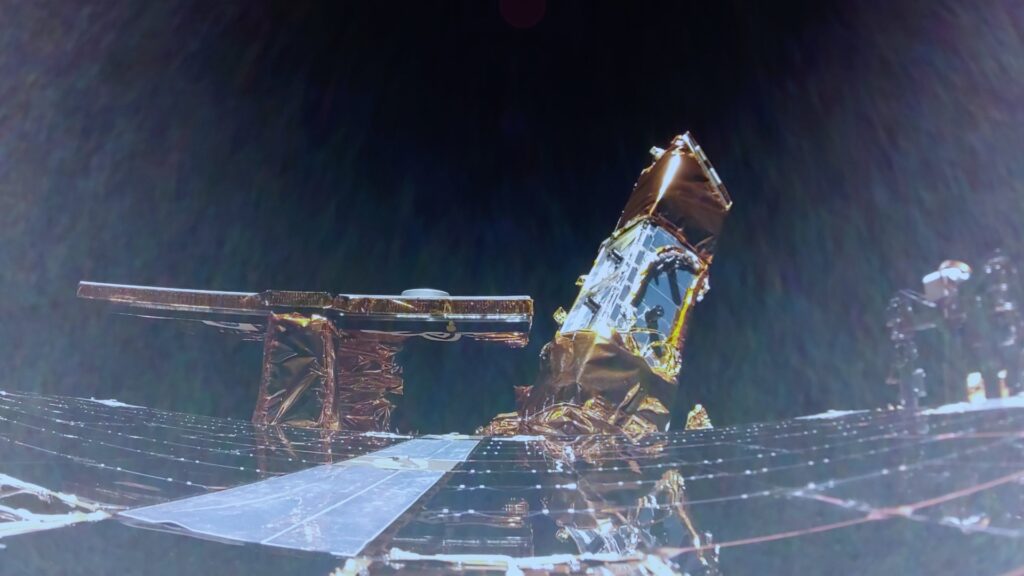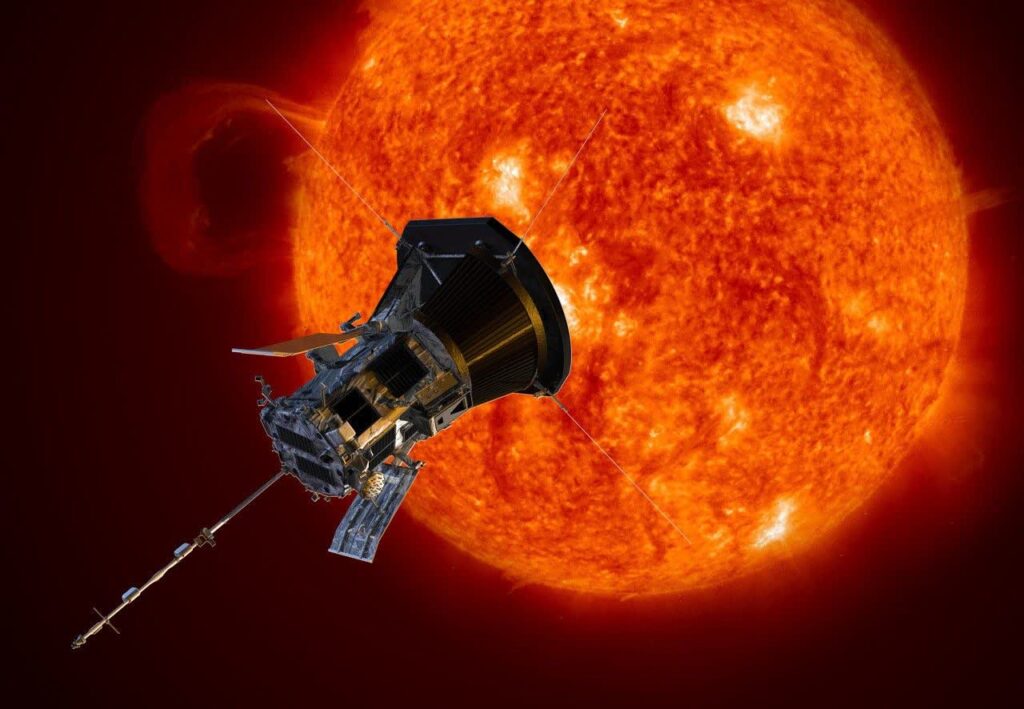U.S. Space Command expands intelligence-sharing program with commercial firms

Top Stories Tamfitronics

WASHINGTON U.S. Space Command announced Nov. 6 it is expanding its commercial intelligence-sharing initiative, adding five new companies to a program that helps coordinate responses to space threats and satellite anomalies.
The Commercial Integration Cell (CIC), established in 2015, will now include Earth observation company Blacksky, space intelligence contractor Kratos, space tracking firm LeoLabs, radar satellite operator Iceye and satellite communications provider Telesat.
Radio-frequency satellite data provider Hawkeye 360 and space tracking specialist Exoanalytic Solutions are expected to join in the coming weeks.
Longstanding CIC members include Eutelsat America, Hughes Network Systems, Intelsat General Communications, Iridium Communications, Maxar Technologies, SES Government Solutions, SpaceX, Viasat, and XTAR.
Speaking at a Mitchell Institute event, Lt. Gen. Douglas Schiess, commander of U.S. Space Forces-Space, said the addition of new members to the CIC reflects the growing importance of commercial space capabilities in military operations.
U.S. Space Forces-Space is a component field command under U.S. Space Command.
CIC members previously were primarily communications and imaging satellite operators, but new members now include space domain awareness specialists.
The CIC helps to ensure that military and private sector partners are aware of threats as they unfold, said Schiess.
The cell operates from Vandenberg Space Force Base in California. Members must have Department of Defense contracts and cleared personnel who can participate in sensitive intelligence discussions. Companies sign non-disclosure agreements to protect proprietary information shared within the group.
Schiess said the value of such collaboration was demonstrated in February 2022, when satellite operator Viasat quickly alerted CIC members after detecting a Russian cyberattack on its network that disrupted internet service across Europe, including in Ukraine at the onset of Russia’s invasion.
More recently, the program proved crucial when an Intelsat satellite experienced an unexpected breakup in orbit. The company’s prompt notification through the CIC enabled U.S. Space Command to quickly issue a public alert about potential debris risks to other spacecraft.

Sandra Erwin writes about military space programs, policy, technology and the industry that supports this sector. She has covered the military, the Pentagon, Congress and the defense industry for nearly two decades as editor of NDIAs National Defense…More by Sandra Erwin
Discover more from Tamfis Nigeria Lmited
Subscribe to get the latest posts sent to your email.



 Hot Deals
Hot Deals Shopfinish
Shopfinish Shop
Shop Appliances
Appliances Babies & Kids
Babies & Kids Best Selling
Best Selling Books
Books Consumer Electronics
Consumer Electronics Furniture
Furniture Home & Kitchen
Home & Kitchen Jewelry
Jewelry Luxury & Beauty
Luxury & Beauty Shoes
Shoes Training & Certifications
Training & Certifications Wears & Clothings
Wears & Clothings
















